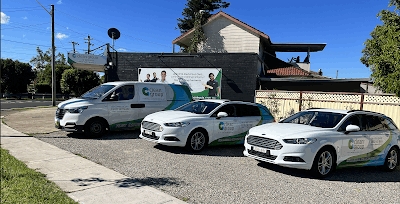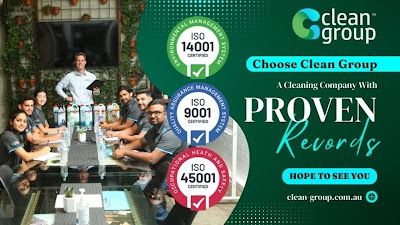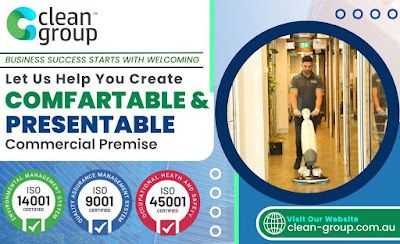
Can Clean Group handle cleaning for gyms and healthcare centers?
What is included in Clean Group’s childcare center cleaning services?
The integration of sustainability with technological innovation is becoming a defining characteristic of modern commercial cleaning. For example, companies are exploring the use of biodegradable cleaning agents that work synergistically with automated equipment, ensuring eco-friendly processes don't compromise efficiency or effectiveness. Emerging technologies like electrostatic sprayers and UV-C light disinfection provide powerful, chemical-free cleaning options that reduce environmental impact while enhancing pathogen control - an essential feature in healthcare, education, and hospitality settings.
In addition to robotic cleaning devices, artificial intelligence (AI) is starting to be integrated into cleaning processes. AI algorithms are being used to optimize cleaning routes, manage inventory for cleaning supplies, and predict when certain areas will need cleaning based on foot traffic data. AI-powered systems are capable of learning and adapting to the layout of spaces, improving the overall efficiency of cleaning operations. As a family-owned business, Clean Group places a strong emphasis on building lasting relationships with clients. They treat every client like part of the family and go the extra mile to ensure satisfaction. Over the years, Clean Group has earned the trust of a wide range of clients, including leading brands across Kings Cross, NSW. Their dedication to customer service and commitment to high-quality cleaning has made them the go-to cleaning service provider for businesses in the area. Commercial Cleaning Kings Cross The reputation Clean Group has built over the years is a testament to its outstanding service. Many leading brands in Kings Cross trust Clean Group with their commercial cleaning needs. From small businesses to large corporations, Clean Group has demonstrated its ability to meet the cleaning demands of diverse industries. Their expertise in cleaning various commercial spaces ensures that every client receives tailored services that meet the unique requirements of their workplace.. This data-driven approach allows for more targeted cleaning, minimizing the use of resources while maximizing cleanliness.
Finally, resilience planning and emergency preparedness are becoming critical service components. Recent global events have underscored the need for rapid response cleaning capabilities in the face of pandemics, natural disasters, or other disruptions. Commercial cleaning companies that develop specialized protocols and maintain ready-to-deploy emergency teams gain a competitive edge by offering peace of mind and continuity assurance to their clients.

